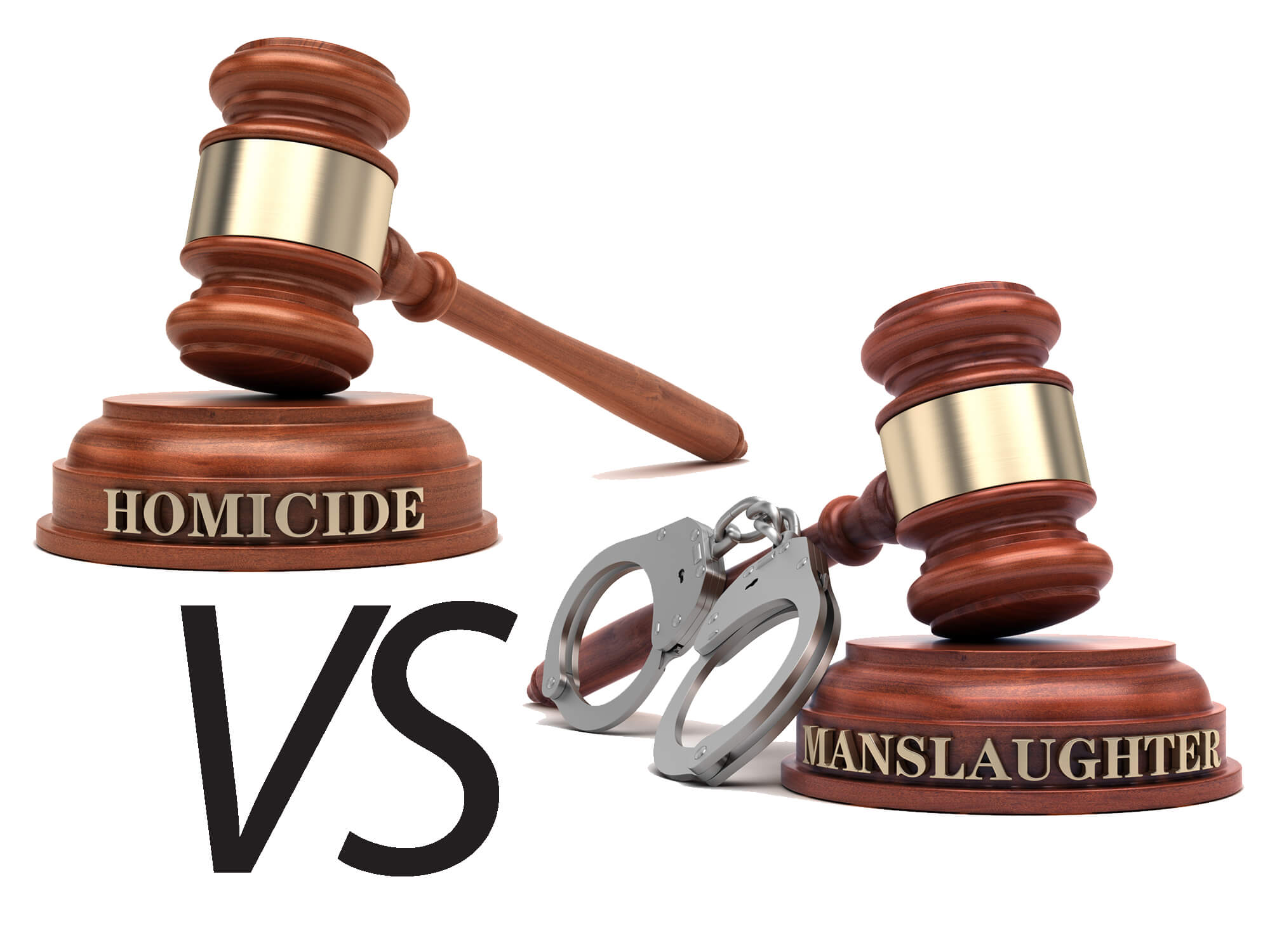Unlawful death could be as a result of murder, manslaughter, suicide and infanticide. So what are the legal differences?
Murder
This is "cold blood" killing of a human being. This means that:
- You had the intention of killing that individual (malice aforethought)
- You took actions or omission that resulted in the death of that individual (unlawful act or omission)
- The act or omission you took, led to the death of the individual
Section 203 of the penal code states that "Any person who of malice aforethought causes death of another person by an unlawful act or omission is guilty of murder."
Section 204 of the penal code states that "Any person convicted of murder shall be sentenced to death."
In relation to Murder, Section 206 of the penal code states that malice aforethought shall be deemed to be established by evidence proving any one of the following circumstance:
- an intention to cause the death of or to do grievous harm to any person, whether that person is the person actually killed or not;
- knowledge that the act or omission causing death will probably cause the death of or grievous harm to some person, whether that person is the person actually killed or not, although such knowledge is accompanied by indifference whether death or grievous bodily harm is caused or not, or by a wish that it may not be caused;
Manslaughter
This is "hot blood" killing of a human being. This means that:
- You had no intention of killing that individual
- You took actions or omission that resulted in the death of that individual
Section 207 of the penal code defines killing on provocation as when a person who unlawfully kills another under circumstances which, but for the provisions of this section, would constitute murder, does the act which causes death in the heat of passion caused by sudden provocation as hereinafter defined, and before there is time for his passion to cool, is guilty of manslaughter only.
Section 208 of the penal code defines provocation as:
- The term “provocation” means and includes, except as hereinafter stated, any wrongful act or insult of such a nature as to be likely, when done to an ordinary person or in the presence of an ordinary person to another person who is under his immediate care, or to whom he stands in a conjugal, parental, filial or fraternal relation, or in the relation of master or servant, to deprive him of the power of self control and to induce him to commit an assault of the kind which the person charged committed upon the person by whom the act or insult is done or offered.
- When such an act or insult is done or offered by one person to another, or in the presence of another to a person who is under the immediate care of that other, or to whom the latter stands in any such relation as aforesaid, the former is said to give to the latter provocation for an assault.
- A lawful act is not provocation to any person for an assault.
- An act which a person does in consequence of incitement given by another person in order to induce him to do the act and thereby to furnish an excuse for committing an assault is not provocation to that other person for an assault.
- An arrest which is unlawful is not necessarily provocation for an assault, but it may be evidence of provocation to a person who knows of the illegality.
Section 209 of the penal code states the below on Suicide Pacts
- It shall be manslaughter, and shall not be murder, for a person acting in pursuance of a suicide pact between him and another to kill the other or be a party to the other killing himself or being killed by a third person.
- Where it is shown that a person charged with the murder of another killed the other or was a party to his killing himself or being killed, it shall be for the defence to prove that the person charged was acting in pursuance of a suicide pact between him and the other.
- For the purposes of this section, “suicide pact” means a common agreement between two or more persons having for its object the death of all of them, whether or not each is to take his own life, but nothing done by a person who enters into a suicide pact shall be treated as done by him in pursuance of the pact unless it is done while he has the settled intention of dying in pursuance of the pact.
Section 210 of the penal code explains infanticide as "Where a woman by any wilful act or omission causes the death of her child being a child under the age of twelve months, but at the time of the act or omission the balance of her mind was disturbed by reason of her not having fully recovered from the effect of giving birth to the child or by reason of the effect of lactation consequent on the birth of the child, then, notwithstanding that the circumstances were such that but for the provisions of this section the offence would have amounted to murder, she shall be guilty of a felony, to wit, infanticide, and may for that offence be dealt with and punished as if she had been guilty of manslaughter of the child."
There are two types of Manslaughter:
- Voluntary Manslaughter
- Both malice aforethought (mens rea) and the act or omission (actus reus) are present
- Despite both mens rea and actus reus being present, there exist special circumstances that the judge ought to consider. Circumstances that permit defenses of the crime to murder. These partial defenses are:
- Provocation (Loss of Self Control)
- Diminished Responsibility
- Killing in the pursuit of suicide
- Involuntary Manslaughter
- In these situations we do not have any intention to kill (no mens rea). However, there is actus reus
- The lack of intent to kill is what is known as involuntary
- There are two categories of involuntary manslaughter. These are:
- Constructive Manslaughter - This is where the initial unlawful act leads to a second great offence of death
- Gross Negligence Manslaughter - This is where the intial acts is not necessarily unlawful but either way it leads to a second offence of death
Sources
- Michael Lettinger Law
- Shouse Law
- Kenyan Penal Code


